James Zellner, ARL Bio Pharma Technical Sales and Microbiologist
USP <60>, Microbiological Examination of Nonsterile Products – Tests for Burkholderia cepacia Complex, describes a test procedure that evaluates the microbiological quality, specifically the presence of species of the genus Burkholderia, in non-sterile substances and preparations. This is important, because Burkholderia is a potentially dangerous pathogen, especially for drugs or raw materials that are intended for inhalation use, and aqueous preparations for oral, oromucosal, cutaneous, or nasal administration.
There are several clinical reasons why it is important to screen for this genus of microorganisms. First, they are Gram-negative, indicating their presence will produce endotoxins, potentially triggering a pyrogenic effect in a patient. Burkholderia is an opportunistic pathogen, commonly causing pneumonia in immunocompromised persons or those with existing lung diseases. Lung infection from Burkholderia is dangerous, and is characterized by a steep decline in function, potentially resulting in death. According to Lyczak (2002), death rates can be nearly 5x higher in Cystic Fibrosis (CF) patients infected with Burkholderia vs non-infected CF patients. This, combined with its ability to spread person to person via body fluids, generally results in strict isolation procedures if detected in the hospital setting. Burkholderia are naturally resistant to many antibiotics, including aminoglycosides and polymyxin B. Treatment generally requires a combination of several antibiotics. Combinations of ceftazidime, doxycycline, chloramphenicol, and others have been used as successful treatment options.
To test for Burkholderia, ARL Bio Pharma prepares enrichment media (Tryptic Soy Broth), along with a specialized Burkholderia cepacia Complex Selective Agar. This special agar inhibits non-Burkholderia organisms, and changes color to indicate the likely presence of the target microorganisms. Prior to use, the special agar media is checked to ensure it is inhibitory to Pseudomonas aeruginosa and Staphylococcus aureus and will indicate the presence of Burkholderia via a color change with 3 different species of Burkholderia. Once the quality of the media is verified, method suitability is performed to ensure the microbiologist is using a test procedure that will reveal Burkholderia if present in a test sample. After method suitability is demonstrated, evaluation of samples can begin. The test takes approximately 6-7 days and involves using the enrichment media first to encourage the growth of organisms in the sample, then the special agar to screen for the target organisms. Should potential Burkholderia species be detected via both growth and color change on the specialized media, microbial identification is carried out to confirm.
USP <60> is enforceable as a test for applicable products and raw materials. References to USP <60> can be found in many of the Not Yet Official sections set to be official August of 2021. This includes citations in Chapter Guides for Microbiology testing, Excipient testing, and Non-Complex APIs. USP <60> is already referenced in USP <1231> Water for Pharmaceutical Purposes as a potential contaminant in water systems. At some point, this chapter could be as commonly referenced in USP <61> and USP <62> for evaluation of the microbiological quality of raw materials and finished non-sterile products, especially those intended for administration orally, nasally, or for inhalation. Please contact ARL if you have questions about USP <60> testing and would like more information about submitting samples.
References:
- Lyczak, Jeffrey B et al. “Lung infections associated with cystic fibrosis.” Clinical microbiology reviews vol. 15,2 (2002): 194-222. doi:10.1128/cmr.15.2.194-222.2002
- Sousa, Sílvia A et al. “Burkholderia cepacia Complex: Emerging Multihost Pathogens Equipped with a Wide Range of Virulence Factors and Determinants.” International journal of microbiology vol. 2011 (2011): 607575. doi:10.1155/2011/607575
- USP <60> Microbiological Examination of Nonsterile Products Tests for Burkholderia Cepacia Complex
- USP <61> Microbiological Examination of Nonsterile Products: Microbial Enumeration Tests
- USP <62> Microbiological Examination of Nonsterile Products: Tests for Specified Microorganisms
- USP <1111> Microbiological Examination of Nonsterile Products: Acceptance Criteria for Pharmaceutical Preparations and Substances for Pharmaceutical Use
- USP <1231> Water for Pharmaceutical Purposes
